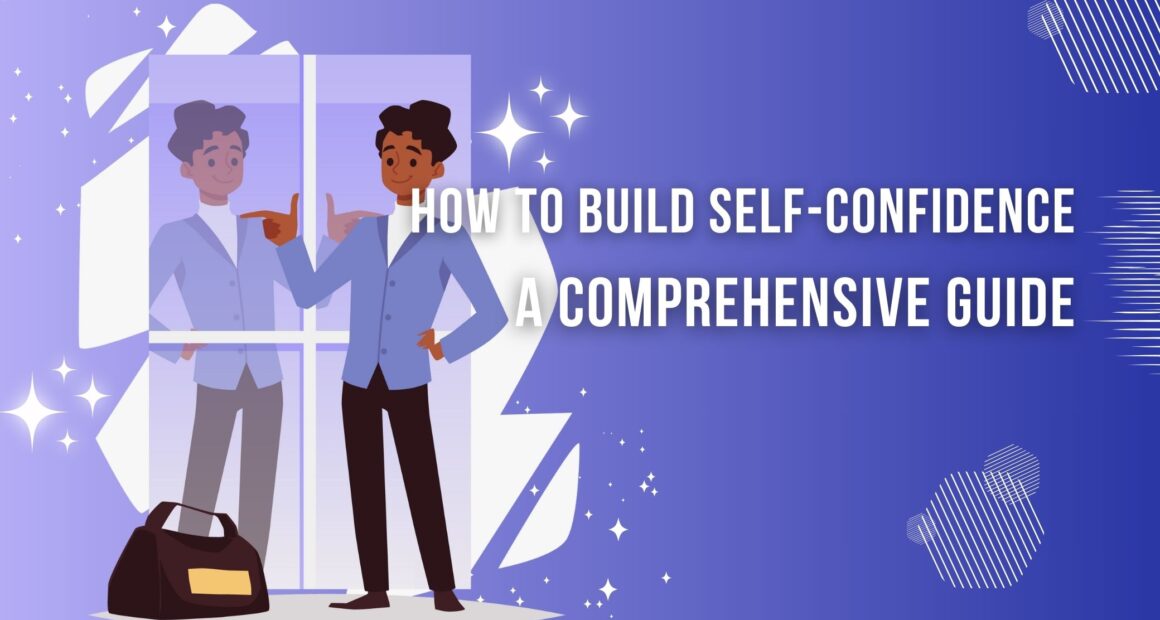Self-confidence is the belief in your abilities and your sense of self-worth. It empowers you to tackle challenges, make decisions, and interact with the world in a positive and assertive manner. Building self-confidence is a journey that requires consistent effort and the right strategies. Here’s an in-depth guide to help you develop and nurture self-confidence:
1. Understand Self-Confidence
Self-confidence comes from three primary sources:
- Internal Belief: Trust in your abilities, skills, and potential.
- Experience: Knowledge gained through learning and practice.
- Support Systems: Encouragement from friends, family, or mentors.
2. Identify and Challenge Limiting Beliefs
- Recognize Negative Self-Talk: Pay attention to the inner critic that tells you, “I’m not good enough” or “I can’t do it.”
- Challenge These Thoughts: Replace negative beliefs with constructive affirmations like “I am capable” or “I can improve with practice.”
- Reframe Mistakes: View failures as opportunities to learn rather than as reflections of your abilities.
3. Set Achievable Goals
- Start with small, realistic goals to build momentum.
- Break larger tasks into manageable steps.
- Celebrate each success to reinforce positive feelings about your capabilities.
4. Cultivate a Growth Mindset
- Embrace challenges as opportunities to grow.
- Focus on effort rather than innate talent.
- Learn from setbacks and seek continuous improvement.
5. Develop Skills and Knowledge
- Invest in personal development by learning new skills.
- Practice consistently to build competence and confidence in specific areas.
- Stay curious and open to feedback.
6. Build Resilience
- Accept that setbacks are part of life and growth.
- Develop healthy coping mechanisms, such as mindfulness or journaling.
- Surround yourself with supportive and positive individuals.
7. Practice Self-Care
- Prioritize your physical and mental health through regular exercise, a balanced diet, and adequate sleep.
- Engage in activities that make you feel happy and fulfilled.
- Avoid comparing yourself to others, as everyone’s journey is unique.
8. Improve Body Language and Communication
- Stand tall and maintain good posture to exude confidence.
- Make eye contact during conversations.
- Practice speaking clearly and assertively, even in unfamiliar situations.
9. Step Out of Your Comfort Zone
- Take on challenges that scare you a little, as they help you grow.
- Try new experiences to expand your perspective and abilities.
- Reflect on these experiences to acknowledge your progress.
10. Seek Support and Guidance
- Find a mentor or coach who can provide constructive feedback and encouragement.
- Join communities or groups where you can share experiences and learn from others.
- Consider therapy or counseling if self-doubt significantly impacts your life.
11. Be Patient and Consistent
Building self-confidence takes time and persistence. Progress may not always be linear, but consistent effort will yield results. Be kind to yourself throughout the process.
Conclusion
Self-confidence is not about being perfect; it’s about believing in your ability to learn, grow, and adapt. By practicing self-awareness, setting achievable goals, and stepping out of your comfort zone, you can build a strong foundation of self-confidence. Remember, the journey is as important as the destination.










